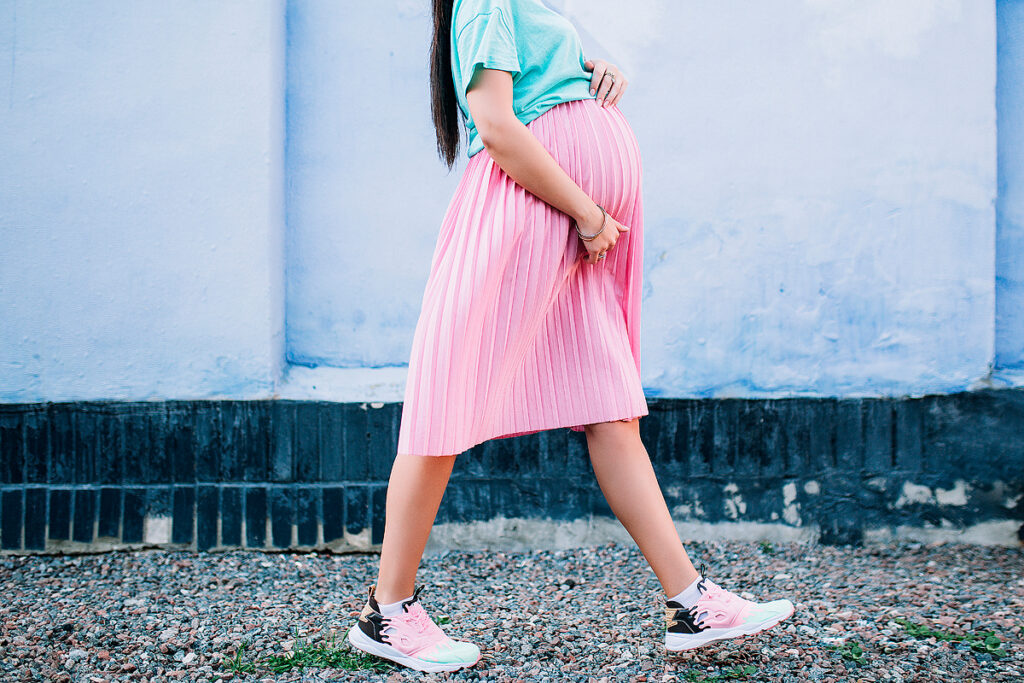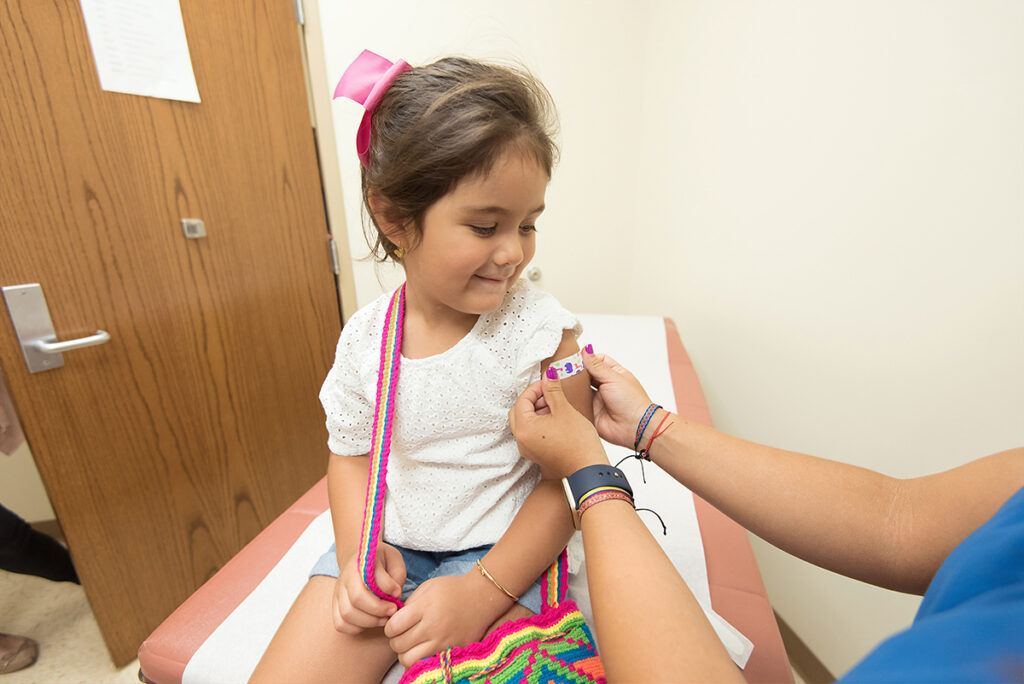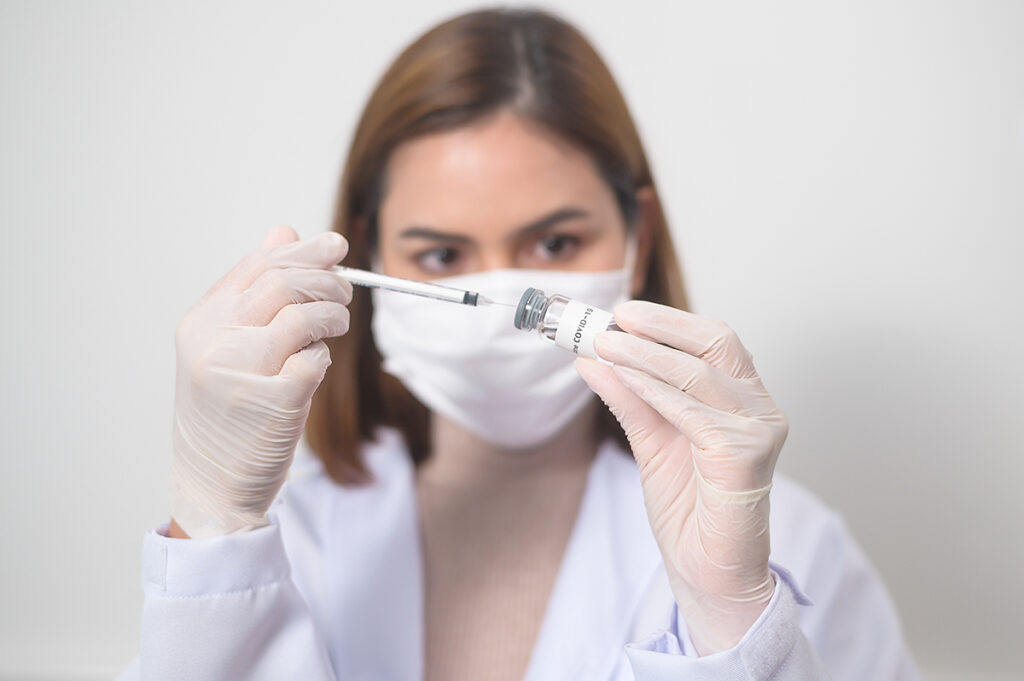Bacterial vaginosis is a risk factor for pregnancy complications. There are no approved regimens for the treatment and prevention of recurrent bacterial vaginosis in pregnant women. Doctors of the Siberian State Medical University (Tomsk, Russia) have published the results of a study of combined therapy: antimicrobial drug, antibiotic, interferon alpha-2b (IFN-a2b).
Research design
The study involved 80 patients with recurrent bacterial vaginosis in remission. All participants were in the second trimester of pregnancy and received standard treatment for vaginosis: metronidazole (an antimicrobial drug) and clindamycin (an antibiotic).
The first group, 40 people, received additional local treatment with intravaginal suppositories with IFN-a2b. The first stage of treatment was carried out at the beginning of the second trimester for 10 days. The second stage is at the end of the second trimester, also within 10 days. All participants of the first group received 1 suppository twice a day. Each suppository contained 250,000 IU of interferon alpha-2b. In no case did the administration of interferon lead to significant side effects requiring discontinuation of the drug.
The second group, also 40 people, received only standard treatment with metronidazole and clindamycin.
During the third trimester, doctors evaluated the therapeutic effect of the additional use of IFN-a2b. During routine gynecological examinations, doctors performed vaginal flushes to analyze changes in bacterial composition and the concentration of immune markers. The researchers also counted the number of relapses of bacterial vaginosis in both groups.
Research result
In the first group, which received additional treatment with interferon alpha-2b, the bacterial composition of the vagina and the acid pH balance has improved compared with the control group. Also, the participants in the first group had significantly fewer anaerobic bacteria that contribute to the development of vaginosis. However, the doctors who conducted the study emphasize that both groups retained moderate vaginal dysbiosis, characterized by an insufficient amount of beneficial lactobacilli.
IFN-a2b therapy resulted in an increased concentration of non-specific vaginal immunity molecules. Scientists suggest that the local use of interferon promotes the stimulation of antimicrobial immunity, which supports the microbiocenosis of the mucous membranes of the reproductive tract.
Analysis of bacterial vaginosis relapses also revealed the benefits of additional treatment. In the first group receiving interferon alpha-2b, the number of relapses was 3 times less: four versus twelve. Moreover, in the second group, which received only standard treatment, 3 patients had 2 repeated bacterial vaginosis.
Conclusions
Russian doctors have demonstrated that additional treatment of bacterial vaginosis during pregnancy with interferon alpha-2b significantly reduces the number of relapses, improves vaginal biocenosis, and increases local antimicrobial immunity.



